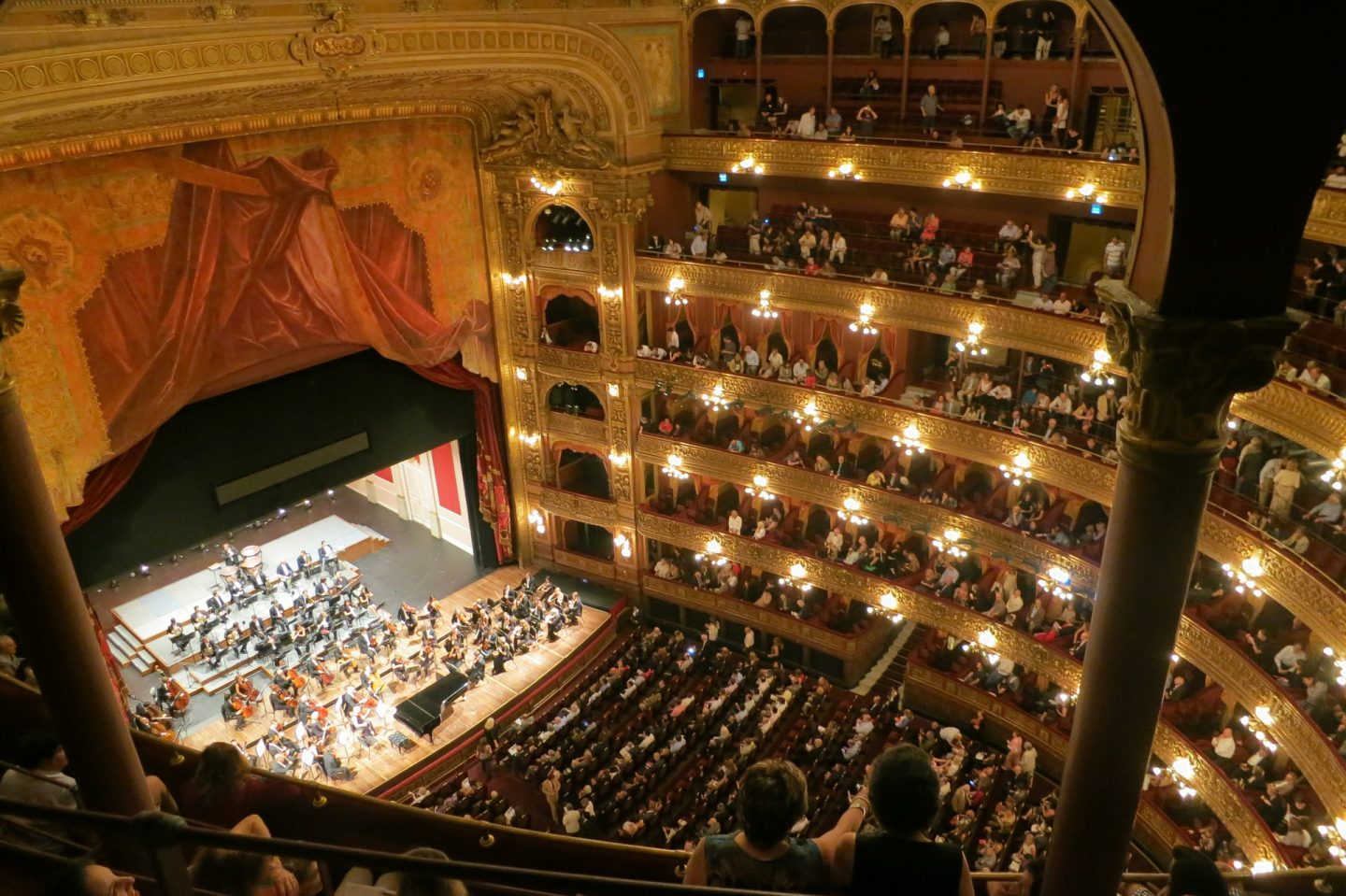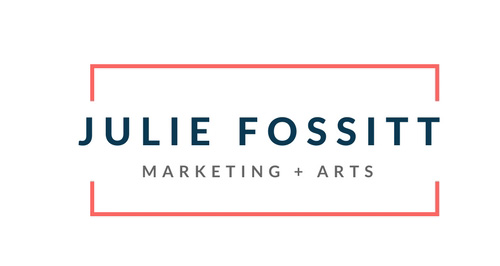
I am a classically trained musician and have spent thousands of hours practicing. It started off as scales and arpeggios and then orchestral excerpts and solo pieces. Much of this time was augmented listening to music live or on scratched records and CDs on repeat at the library. My sole pursuit was excellence.
To play in tune, to hit the high notes, to nail the chromatic passages, to have the sweetest vibrato and to have the lightest flutter tongue. This work would fill my waking hours and these thoughts were regularly the soundtrack of my sleep.
I was in third year music school when I finally realized that this was not right for me. The pursuit of excellence was not my passion, partly due to my lack of raw talent but it was more than that. One cack from a horn in the middle of a symphonic movement didn’t ruin my overall performance experience like some of my classmates.
I have spent close to twenty year promoting the artistic work of others. My work has been the fuel for my mind and has shaped virtually everything I love. The excitement of a full house, the pride in an artist connecting with an audience, and the joy on someone’s first arts experience is inspiring. But I am not fuelled by excellence.
Last week I reconnected with a brilliant arts administrator who I have not seen in more than a decade. He is smart, driven, passionate and, like many of us in the industry, struggles with the changing context of the arts in Canada.
It floored me that even he, a legend in my arts admin world, was candid about dwindling audiences in ‘traditional’ arts organizations. He described the challenges to balance digital programming with human relationships and how to promote inclusion and access.
How does one measure artistic excellence? I used to evaluate this was a technically perfect performance by a passionate performer. I was wrong.
Excellence is a connection. Excellence is addressing who isn’t in the room. Excellence is not separating the person from the art. Excellence is participatory. Excellence is seeing oneself reflected in the experience. Excellence is relevance.
I stopped playing trombone years ago because it stopped giving me joy. I couldn’t play a passage with an error in it and be able to let that go. The work that I now admire originates from those artists who don’t self-evaluate with those metrics. I support artists sharing work by those who are traditionally under-represented, I cheer for those promoting access, I celebrate those who mix disciplines and take risks and I admire those who tell stories and are relevant.
Why this matters:
Excellence and relevance do not have to be mutually exclusive. But, you need both to not only sustain, but grow audiences. This is supported by numerous recent surveys about arts participation in Canada. According to CultureTrack, the top motivator for cultural participation is having fun. This is closely followed by interest in the content, experiencing new things and feeling less stressed. The Canadians’ Arts, Culture and Participation Survey, reported 50% of Canadians participated in making or performing art in 2016. That’s close to 15 million people who want to participate themselves in art-making. With 99.5% of Canadians participating in at least one art, culture or heritage activity in 2016, it is essential to be able to provide high-quality and relevant content to virtually every, single Canadian.
Thanks, Nina Simon. I think we need you to write a book for the performing arts. In the meantime, I encourage you to read the Art of Relevance and maybe I need to pick up my horn again and let myself cack out some high notes.
